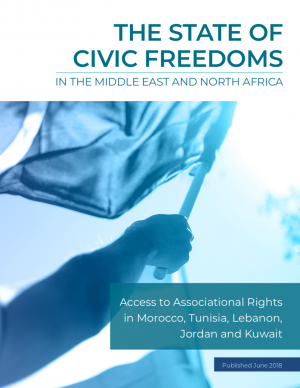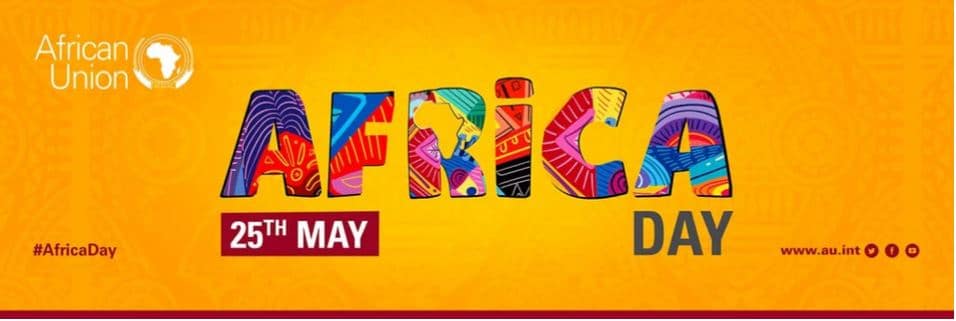
Policy highlights:
- This report is based on a two-year research study on the environment for civil society organizations (CSOs) and civic freedoms in five Middle East and North Africa (MENA) countries (Morocco, Tunisia, Lebanon, Jordan, Kuwait). This study found that individuals’ access to civic freedoms follows diverse patterns of openness and restriction.
- A country’s laws and the government’s policies and practices in implementing those laws were identified as primary factors in enabling or restricting civic freedoms. The findings indicated that the positive effects of enabling laws could be undermined by poor implementation, while restrictive laws were in some cases less constraining due to lax enforcement.
- In Morocco, Lebanon, and Tunisia, where the legal frameworks are generally more conducive to the exercise of civic freedoms, restrictive government practices include lengthening and complicating basic procedures, and threatening or harassing CSOs. In Jordan and Kuwait, on the other hand, where legal frameworks are relatively more restrictive, CSOs were comparatively optimistic about their access to various rights.
- Based on the data presented, the following recommendations are made to ensure greater access to civic freedoms in each country:
- CSOs: (1) Build the capacity of CSOs on the laws and regulations affecting civic freedoms, to help them comply with the law as well as recognize and navigate legal obstacles. (2) Support the development of lawyers trained in the laws affecting civic freedoms who can provide legal assistance to CSOs when necessary. (3) Support CSOs in organizing effective coalitions and developing common goals and agendas to advance civic freedoms.
- Government and public institutions: (1) Develop the capacity of public officials to better understand existing laws and regulations affecting civic freedoms. (2) Support teaching and training for public officials on the proper administration of laws affecting civic freedoms. (3) Help agencies and institutions to develop more efficient and effective processes to facilitate proper, timely implementation of the law.
- Military and security forces: (1) Develop the capacity of military and security institutions and officials to better understand existing laws and regulations affecting civic freedoms. (2) Introduce and promote community policing to engage the community with security forces and together develop mechanisms to protect civic freedoms.
- Private sector: (1) Facilitate partnerships between CSOs and the private sector to advance policies and reforms based on shared interests. (2) Encourage businesses to support innovative, socially-driven activities and initiatives implemented by CSOs.
- Media: (1) Empower and support non-traditional, independent, and innovative media outlets and initiatives. (2) Strengthen partnerships between CSOs and media outlets to support expanded coverage of CSOs’ contributions to society.







